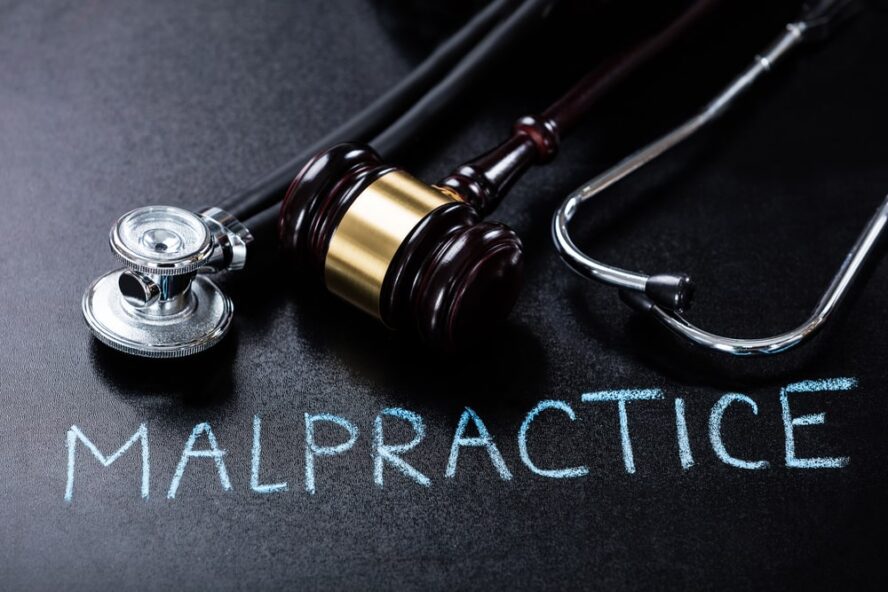When To Consult A Malpractice Lawyer
Medical malpractice is a situation no one expects to face. It’s a complex area of law that requires specialized knowledge. Knowing when to consult your medical malpractice lawyer is crucial in ensuring your rights are protected and you receive the compensation you deserve.
1. Recognizing Medical Malpractice
Medical malpractice occurs when a healthcare professional deviates from the standard of care, resulting in harm to a patient. This can include misdiagnosis, surgical errors, medication mistakes, and negligence. If any of this seems familiar, it may be time to lawyer up.
2. Experiencing A Severe Or Unusual Outcome
Not all medical treatments have the desired outcome, but when results are severely adverse or unusual, it might indicate malpractice. If your condition has significantly deteriorated following medical treatment, or if you’ve experienced unexpected complications, consult with a legal team you can trust.
3. Difficulty Getting Answers From Medical Providers
If your healthcare provider is evasive, refuses to provide information about your treatment, or is unable to explain unexpected complications, it could be a sign of underlying issues. A malpractice lawyer can help you navigate these situations and obtain the necessary medical records and expert opinions.
4. Consulting Medical Experts
In cases of potential malpractice, it’s important to get a second opinion from another medical professional. If this expert suggests that mistakes were made in your treatment, it’s a strong indication that you should speak to a lawyer.
5. Statute Of Limitations Considerations
Medical malpractice claims are subject to statutes of limitations, which vary by state. This means you have a limited time to file a lawsuit after the alleged malpractice occurs.
Understanding these time limits is crucial, and a malpractice lawyer can provide guidance on these legal deadlines.
6. The Role Of A Malpractice Lawyer
Attorneys like our friends at Mishkind Kulwicki Law Co., L.P.A., can attest to the importance of having an experienced lawyer on your side. A malpractice lawyer specializes in cases where patients have been harmed due to medical negligence. They understand the complexities of medical law and the standard of care required in the healthcare industry.
7. Gathering And Analyzing Medical Records
One of the first steps a malpractice lawyer will take is to gather and analyze all relevant medical records. These documents are crucial in establishing the standard of care and identifying where deviations occurred.
8. Determining Damages
Medical malpractice cases often involve significant physical, emotional, and financial damages. A lawyer can help calculate these damages, including medical expenses, lost wages, pain and suffering, and in some cases, punitive damages.
9. Navigating Insurance Company Negotiations
Dealing with insurance companies can be overwhelming and complex. A malpractice lawyer can handle these negotiations on your behalf, ensuring that any settlement offer is fair and just.
10. Going To Trial
While many medical malpractice cases are settled out of court, some do go to trial. Having a lawyer with trial experience is essential. They can present your case effectively, using expert witnesses and detailed evidence to support your claim.
Contact A Lawyer Today
Consulting a malpractice lawyer is a critical step if you suspect that you or a loved one has been a victim of medical negligence. They provide the expertise and support needed to navigate these complex cases and work towards securing the compensation and justice you deserve. Remember, taking action promptly is key due to the legal time constraints in filing a malpractice lawsuit.


